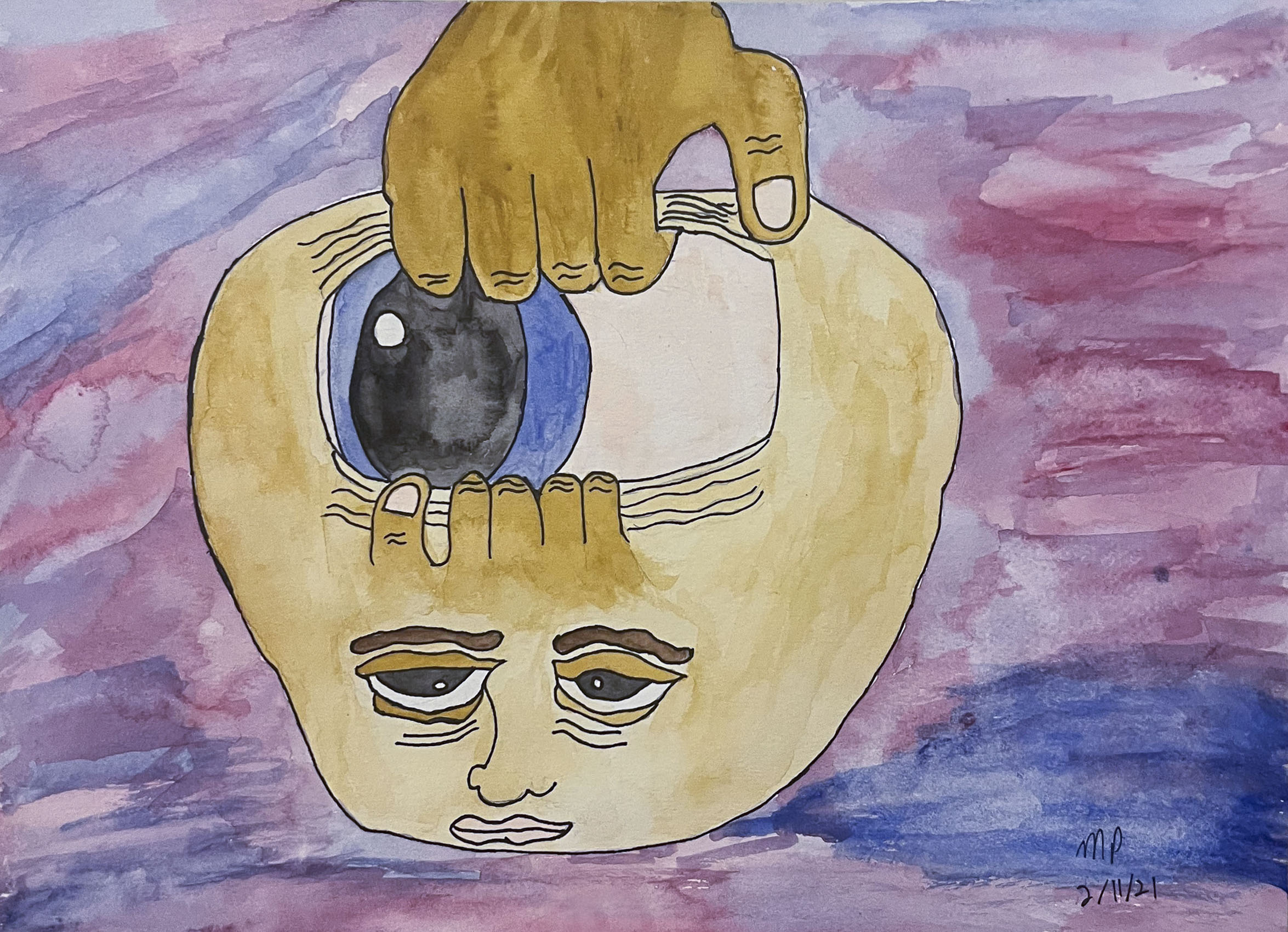Comprehensive Inpatient Mental Health And Wellness Solutions for Effective Therapy
Inpatient psychological health solutions stand for a critical part of the medical care system, offering a extensive and structured setting for individuals experiencing extreme emotional distress. These services employ a multidisciplinary technique, incorporating different evidence-based treatments to deal with the intricate requirements of patients. The efficiency of such extensive care extends beyond instant stabilization; it additionally incorporates the shift to outpatient support, an essential phase frequently forgot - Inpatient Mental Health Facility. Exploring the subtleties of this continuum reveals substantial ramifications for both individual healing and broader mental health and wellness end results. What factors absolutely influence this transition, and exactly how can we boost its effectiveness?
Understanding Inpatient Mental Wellness Providers
Inpatient mental health solutions provide critical assistance for individuals experiencing severe mental distress that can not be managed effectively in an outpatient setup. These services are designed to offer an extensive level of treatment in a structured setting, typically within a medical facility or specialized center. Patients confessed to inpatient programs usually display severe symptoms, such as self-destructive ideation, severe clinical depression, or psychosis, necessitating round-the-clock monitoring and treatment.
The admission procedure usually entails a thorough evaluation by mental wellness experts, that assess the person's frame of mind, history, and immediate needs. When confessed, patients take part in a selection of therapeutic methods customized to their particular needs, including medicine monitoring, individual therapy, and team sessions. This all natural approach aims to maintain the patient's condition, promote safety and security, and foster coping abilities.
Inpatient mental health and wellness solutions not just address prompt health issues however additionally act as a bridge to ongoing care. By supplying a controlled setting, these solutions help with the advancement of treatment plans that can be proceeded in outpatient setups, hence making sure a continuum of treatment and boosting long-term end results for individuals with complex mental health needs.
Trick Elements of Effective Therapy
Reliable therapy in inpatient mental health services comprises several vital parts that cultivate recuperation and stablizing. An extensive assessment is important to identify the person's details needs and challenges. This assessment educates the growth of a tailored treatment strategy, which works as a roadmap for intervention.
One more important element is the multidisciplinary team approach. Cooperation among psychiatrists, psycho therapists, registered nurses, and social employees makes sure that different point of views contribute to the client's treatment, enhancing the performance of therapy. Evidence-based therapeutic methods, such as cognitive-behavioral treatment (CBT) and dialectical behavior treatment (DBT), are additionally indispensable, supplying structured strategies that attend to maladaptive thought patterns and behavior issues.

Lastly, a concentrate on aftercare preparation is essential to ensure a smooth transition to outpatient solutions, lessening the risk of regression and promoting lasting wellness. These collective elements create an efficient treatment structure within inpatient mental wellness services.
Advantages of Comprehensive Care

Thorough care in inpatient mental health and wellness solutions offers various advantages that dramatically enhance client results. Among the key advantages is the alternative technique to therapy, addressing not only the psychological signs however additionally the physical, social, and psychological demands of patients. This thorough assessment permits tailored interventions that promote general wellness.
One more advantage is the combination of multidisciplinary groups, which cultivates cooperation amongst medical care specialists. This joint setting makes certain that patients receive coordinated care, decreasing the risk of fragmented treatment and enhancing interaction amongst caretakers. In addition, thorough treatment assists in connection of services, permitting for smooth changes from inpatient to outpatient settings, which is important for long-lasting healing.

Finally, the structured atmosphere of comprehensive inpatient care provides a safe area for individuals to participate in healing activities, aiding them establish dealing approaches and strength. Jointly, these advantages add to more effective therapy and enhanced lifestyle for people experiencing psychological health dilemmas.
Evidence-Based Therapeutic Strategies
In the realm of mental wellness therapy, evidence-based restorative strategies play a vital duty in ensuring that patients get efficient and medically sustained treatments. These techniques integrate the very best available research with professional expertise and patient values, cultivating a tailored therapy experience that attends to private requirements.
Cognitive Behavior Therapy (CBT) is just one of one of the most widely recognized evidence-based methods, concentrating on determining and altering negative thought patterns and behaviors. This structured strategy has shown efficiency in treating problems such as ptsd, anxiety, and anxiousness. In A Similar Way, Dialectical Actions Therapy (DBT) is especially effective for individuals with borderline character condition, stressing the growth of emotional policy and social efficiency skills.
Furthermore, drug monitoring is often an essential element of evidence-based treatment, as psychotropic medications can reduce symptoms and enhance overall performance. Joint care versions, which include multidisciplinary groups, additionally boost the effectiveness of inpatient services by ensuring thorough evaluations and continual monitoring.
Inevitably, the assimilation of evidence-based restorative strategies not just promotes favorable medical outcomes however likewise equips individuals, fostering a feeling of firm and strength in their psychological health and wellness trips.
Transitioning to Outpatient Assistance
The change from inpatient mental health and wellness services to outpatient support marks an important stage in an individual's recovery trip. This period calls for careful preparation and coordination to make certain connection of treatment and to reduce the dangers of regression or dilemma. Effective discharge planning must start early in the inpatient keep, including a multidisciplinary group that consists of psychiatrists, psycho therapists, nurses, and social employees.
Crucial element of a successful shift consist of the growth of a detailed aftercare plan customized to the person's details requirements. This plan must lay out follow-up appointments, look at this site medication monitoring, and therapeutic treatments, in addition to determine area resources and support groups that can assist in continuous recovery.
Additionally, person and family members education is essential throughout this phase. Recognizing the signs of prospective obstacles and the significance of sticking to treatment can encourage patients and their support group.
Routine follow-up and review of the outpatient strategy are vital to address evolving difficulties. By useful reference fostering a joint connection between inpatient and outpatient providers, the likelihood of sustained recovery rises, eventually improving the individual's lifestyle and minimizing the risk of readmission.

Verdict
In recap, detailed inpatient mental health services supply an essential structure for attending to severe emotional distress via a multidisciplinary approach. Ultimately, such extensive treatment is essential for long-lasting mental wellness and health.
The admission process typically includes a comprehensive assessment by psychological wellness professionals, who examine the individual's psychological state, background, and prompt requirements.Effective treatment in inpatient psychological health solutions comprises several crucial elements that promote recovery and stabilization.Thorough care in inpatient psychological health and wellness services offers many benefits that significantly improve patient results.The transition from inpatient psychological health solutions to outpatient support marks an important stage in a patient's recuperation journey.In summary, extensive inpatient psychological wellness services use an essential framework for resolving severe emotional distress via a multidisciplinary approach.